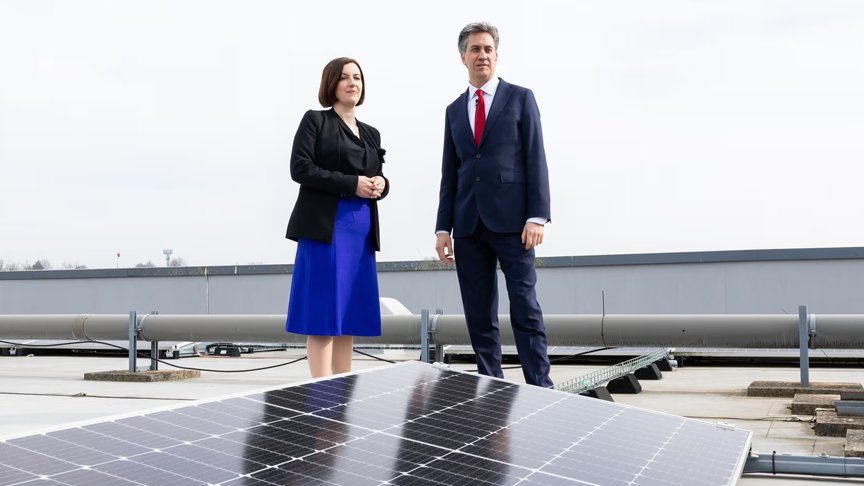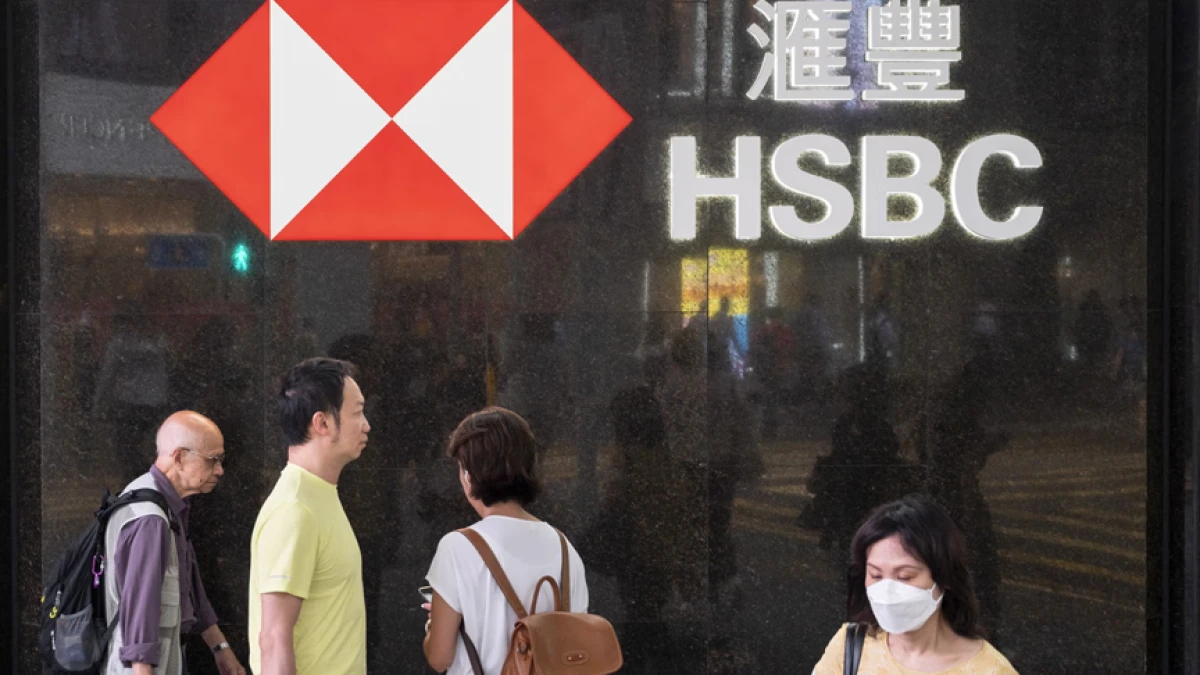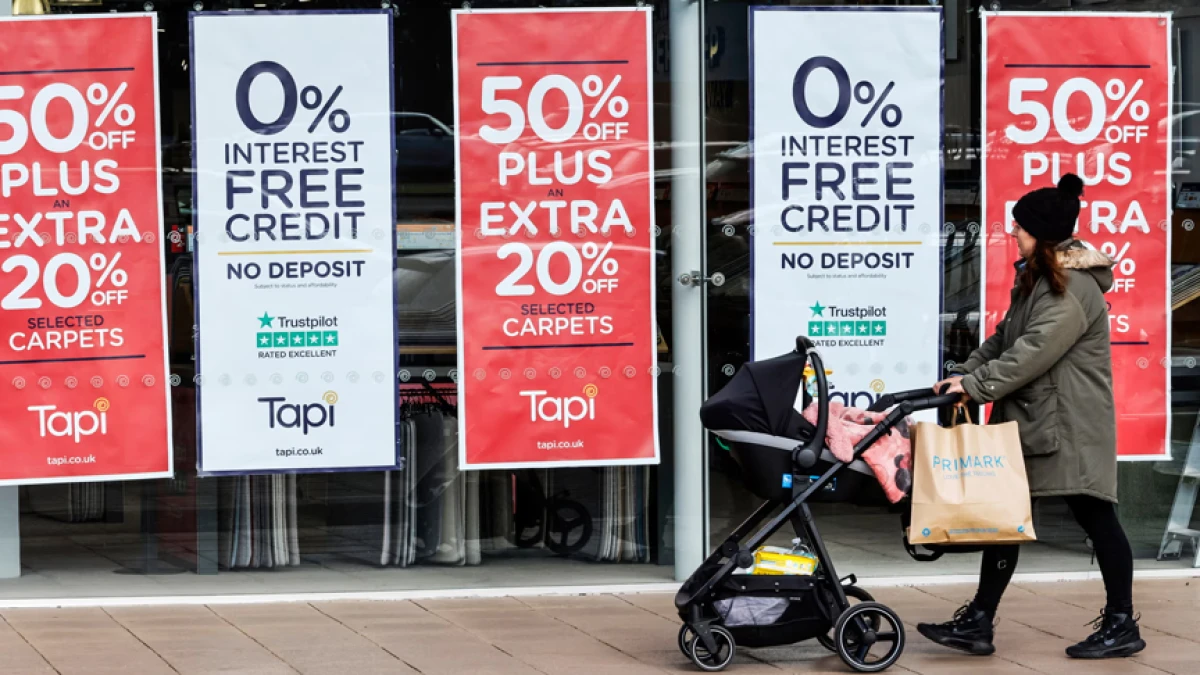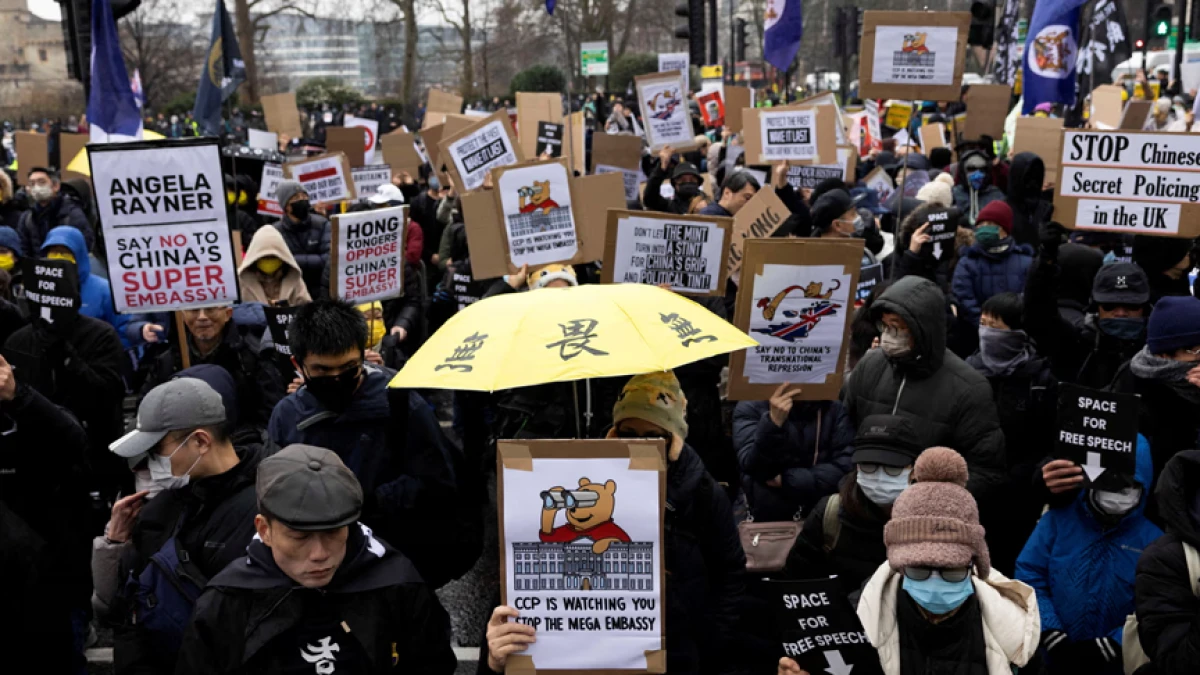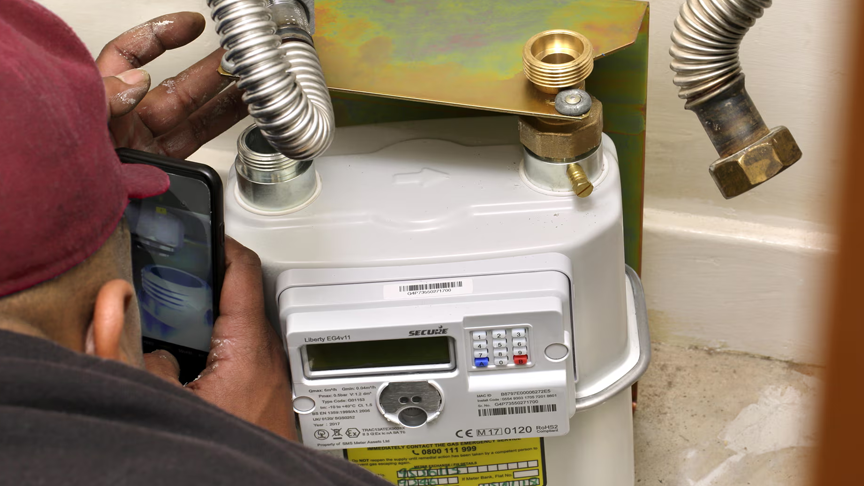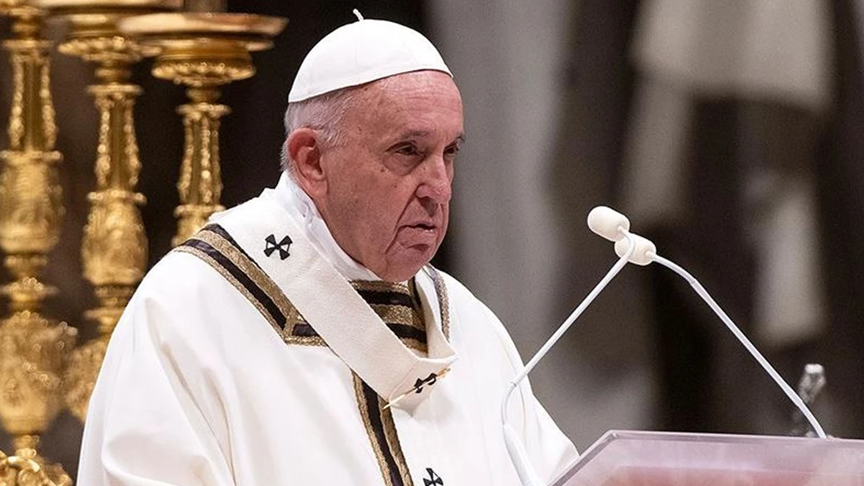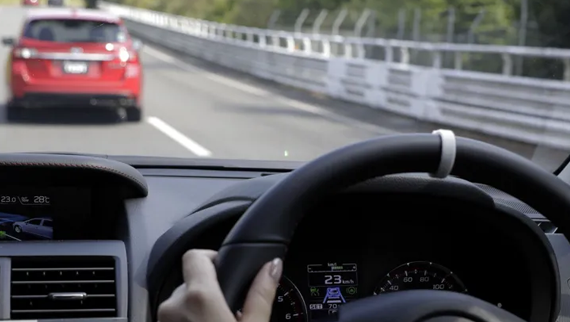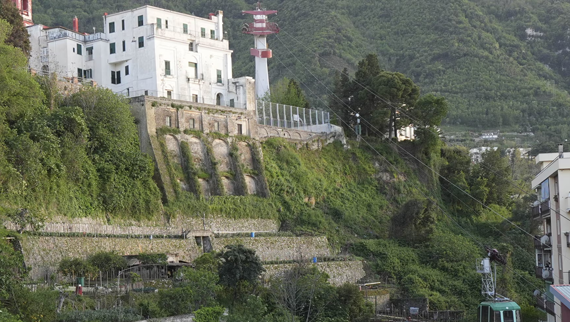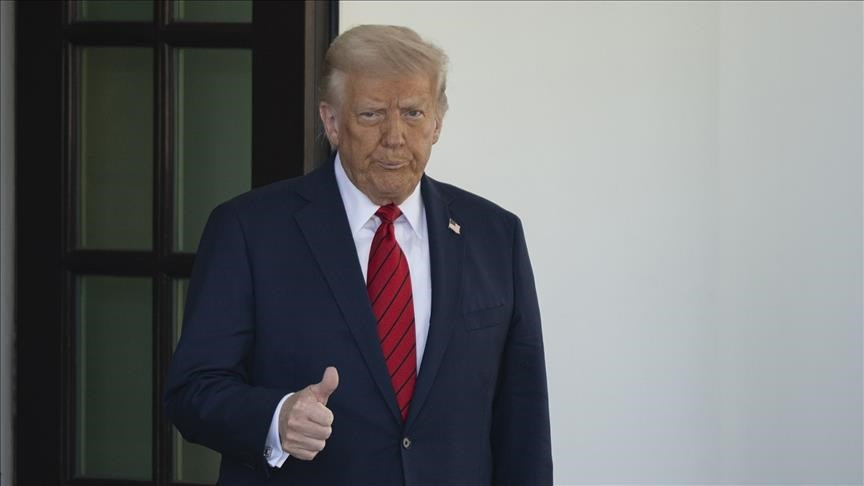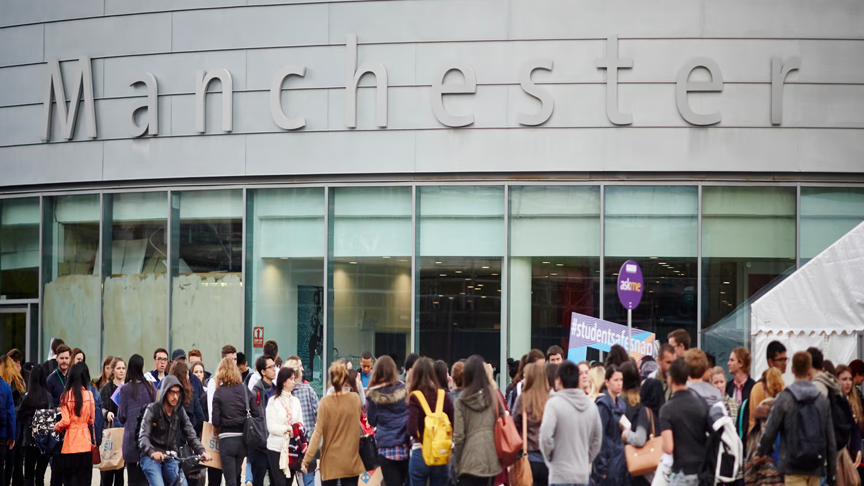Great British Energy will not use solar panels linked to Chinese slave labour
Great British Energy will not use solar panels linked to Chinese slave labour
Ed Miliband drops resistance to move after campaigners insist supply-chains must be free from human rights abuses
Ed Miliband will ban the UK’s national energy company from investing in projects that use solar panels linked to Chinese slave labour after bowing to pressure from Labour and Conservative MPs.
The energy secretary has dropped his previous resistance to rewriting the bill establishing Great British Energy and will now introduce an amendment that forces the company to make sure there is no slavery or human trafficking in its supply chain.
The decision, which was first reported by the Times, was welcomed by MPs and campaigners seeking to highlight Chinese human rights abuses, but could make Britain’s net zero push more expensive. It comes a month after the government whipped Labour MPs to vote down a similar amendment from the Lords.
A government source said: “We are committed to ensuring Great British Energy is a sector leader in this area, developing resilient, homegrown supply chains free from forced labour, and will bring forward proposals shortly on this.”
Fatih Birol, the head of the International Energy Agency, told the BBC he welcomed the move, saying that green technology “should really be produced in a socially and environmentally acceptable way”.
Sarah Champion, one of the MPs who has pushed ministers to make the change, said: “This is the only way to make sure our transition to net zero is not carried through on the backs of slavery and exploitation.”
Andrew Bowie, the shadow energy secretary, called the move a “humiliating U-turn from Ed Miliband”.
China dominates the market for green technology and the scale of its development has helped push prices of solar panels down 90% in the last decade. Between 35% and 40% of polysilicon, the key raw material for solar panels, is produced in Xinjiang where the Muslim Uyghur population has been subject to arbitrary detention and forced labour.
MPs and peers have campaigned for months for changes to the Great British Energy bill to make clear the company, which has been promised more than £8bn to spend, will not invest in projects where there is credible evidence of modern slavery in their supply chains.
Last month, the government defeated an amendment from the cross-bench peer David Alton, to achieve that. Government officials have long said they want to tackle forced labour in energy supply chains but have argued the Great British Energy bill is the wrong vehicle because it required a cross-government effort across multiple sectors of the economy.
Yorumunuz başarıyla alındı, inceleme ardından en kısa sürede yayına alınacaktır.


